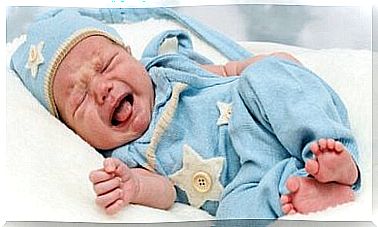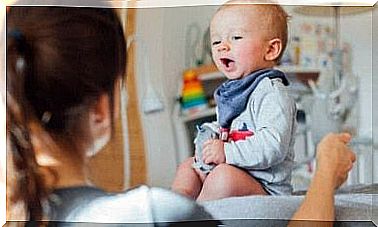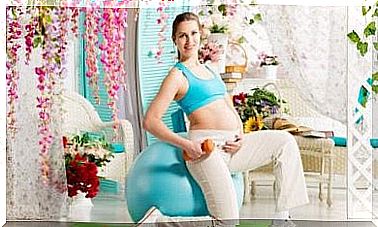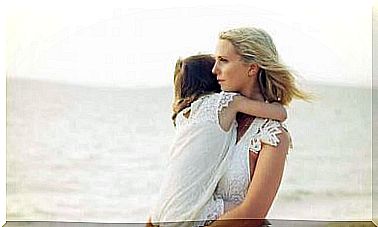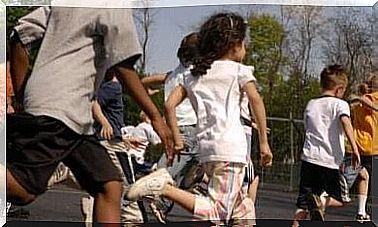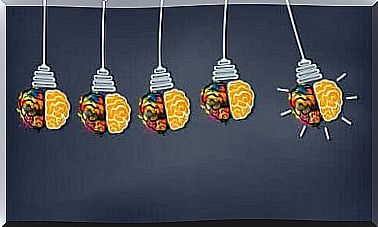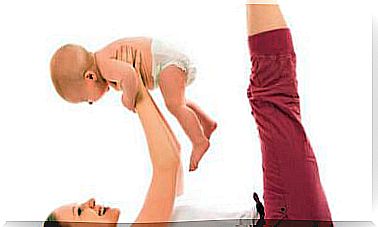Become A Mother After 35

For many, the idea of becoming a mother after 35 is associated with risky pregnancies and births. But new studies show that having children of that age is not only negative.
A study published in the Journal of the American Geriatrics Society determined that becoming a mother after 35 improves a woman’s mental ability. The study also notes that those who became pregnant for the first time after the age of 35 had better results after testing their mental acuity, problem-solving ability and speech ability.
To be a mother in today’s society
There is definitely good news for the majority of today’s women, that is, professional women who choose to build their careers before deciding to pursue their private lives. This means that women become mothers later in life.
In medicine, it has previously been determined that the best age to become pregnant – biologically speaking – is before the age of 25. But in today’s society, the best time to become a mother has been postponed for the first time.
In some countries, such as Spain, the average age of new mothers is 32.2 years, according to data from INE (the Spanish statistical office). But there are also a large number of women who have their first child after the age of 35.
Benefits of becoming a mother after 35
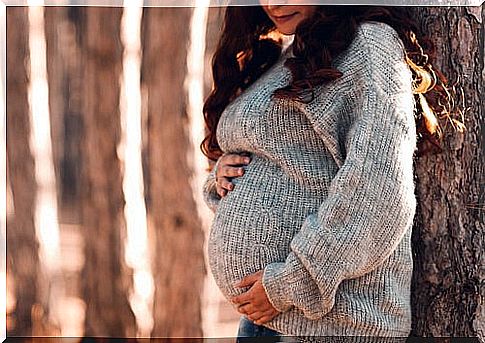
The above study is not the only one that points to the benefits of becoming a mother later in life, but there are others that also highlight these benefits.
Other research from Boston University revealed that women who decided to become mothers after the age of 35 were twice as likely to live to be 95 or older than those who had their last child before the age of 30.
There is another study that shows the benefits of late parenthood. The study was conducted by a group of researchers from the University of Southern California and was based on over 830 women who underwent menopause. The study found positive links between those who had children after 35 and their mental ability.
The reason for this, according to the study, is linked to elevated hormone values that are generated during a pregnancy, and these affect the brain’s chemistry in a positive way.
The study shows that the older the woman is, the longer these changes in the brain that increase cognitive ability as you get older.
Is there an optimal age to become a mother?
For today’s women, a stable economy is very important. They know how to become financially independent and also learn to divide the responsibilities of the home equally.
When stability is reached, you are encouraged to experience parenthood and become a mother, and you can then give in and dedicate yourself completely. But at that age , the woman’s biological clock is uncertain, and the chances of becoming a mother become fewer as time goes on.

Risks of becoming a mother after 35
Becoming a mother after 35, on the other hand, is associated with a higher risk of complications during a pregnancy. For example, a greater risk of miscarriage and an increased risk of the child being born with hormonal developmental disorders.
Medical statistics reveal that 30% of pregnant women over 35 suffer from some form of perinatal pathology or complication. The most common are gestational diabetes, high blood pressure and uterine bleeding.
What they have in common is that these side effects increase the risk of the baby being born prematurely. 10% of births where the mother is over 35 are premature.
However, all these risks are controllable with good medical support.
